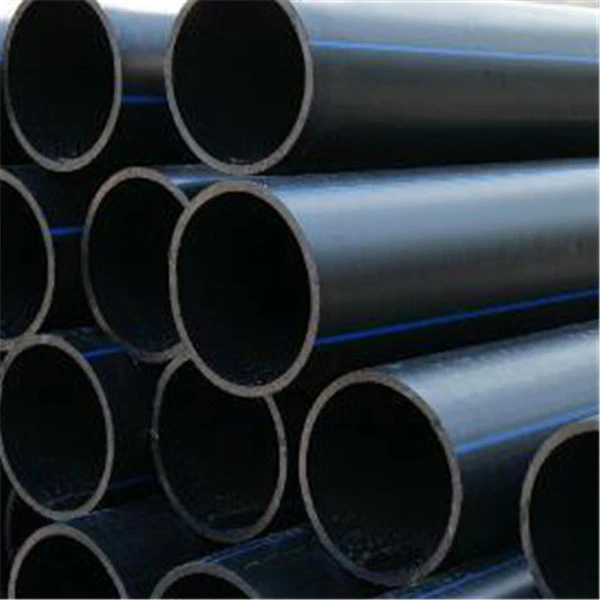Oct . 12, 2024 23:05 Back to list
hdpe board
The Versatility and Benefits of HDPE Boards
High-Density Polyethylene (HDPE) boards have emerged as a revolutionary material in various industries, ranging from construction to packaging and beyond. Renowned for its durability, flexibility, and resistance to chemicals and environmental stressors, HDPE boards are becoming increasingly popular among manufacturers, builders, and consumers alike. This article delves into the characteristics, applications, and advantages of HDPE boards, illustrating why they are a preferred choice in today’s market.
What is HDPE?
HDPE, or High-Density Polyethylene, is a thermoplastic polymer known for its high strength-to-density ratio. This robust material boasts excellent impact resistance, making it suitable for heavy-duty applications. Constructed through the polymerization of ethylene, HDPE’s molecular structure offers exceptional resilience, which translates into strength and durability. HDPE boards are produced in various thicknesses and colors, catering to a wide range of needs.
Key Characteristics of HDPE Boards
One of the standout features of HDPE boards is their resistance to moisture and chemicals. This attribute makes them ideal for outdoor applications, where exposure to the elements is unavoidable. Unlike traditional wood or metal, HDPE does not warp, rot, or rust, ensuring longevity and reducing maintenance costs. Additionally, HDPE boards are non-toxic and safe for various applications, including those in the food industry.
Another notable property of HDPE is its lightweight nature, which simplifies handling and installation processes. Despite being lightweight, HDPE boards maintain high tensile strength, allowing them to bear heavy loads without compromising structural integrity. Moreover, their smooth surface can be easily cleaned, making them a hygienic option for various environments, including laboratories, kitchens, and hospitals.
Applications of HDPE Boards
hdpe board

Given their myriad of beneficial properties, HDPE boards find applications in numerous sectors. In the construction industry, they are used for building facades, roofing membranes, and protective barriers. Their water-resistant characteristics make them perfect for use in marine applications, including boat docks and piers. Furthermore, HDPE boards are often employed in the manufacturing of furniture, playsets, and landscaping materials due to their aesthetic flexibility and design versatility.
In the agricultural sector, HDPE boards have become instrumental in creating durable storage solutions for grain and feed. Their resistance to UV radiation helps in maintaining the integrity of products stored in silos. Additionally, HDPE is increasingly being used in the packaging industry, offering an eco-friendly alternative to traditional plastic materials. It is recyclable, which aligns with global sustainability goals, making it a popular choice for packaging solutions that require durability without environmental compromise.
Advantages of Using HDPE Boards
The advantages of HDPE boards are numerous. Firstly, their durability translates into cost-effectiveness over time. Although the initial investment might be higher compared to other materials, the longevity and low maintenance requirements of HDPE boards often outweigh initial costs. Secondly, their environmental profile is a significant draw. As a recyclable material, HDPE boards contribute to reducing waste, aligning with eco-conscious practices that are increasingly in demand.
Moreover, HDPE boards provide versatility in design and usage. They can be easily cut, shaped, and colored to meet specific design requirements, making them suitable for custom projects. This adaptability allows architects and designers to push creative boundaries while ensuring functionality and durability.
Conclusion
In summary, HDPE boards offer an exceptional combination of durability, versatility, and eco-friendliness, making them an ideal material for various applications across many industries. As awareness of their benefits grows, it becomes clear that HDPE boards are not just a trend but a sustainable choice for the future. Whether in construction, agriculture, or packaging, HDPE boards are paving the way for innovative and responsible material use in a rapidly evolving world.
-
Durable PVC-M Water Supply Pipes | 60-Year Life
NewsAug.04,2025
-
Premium HDPE Water Supply Pipes: Durable & Leak-Proof
NewsAug.03,2025
-
Premium PVC-M Water Supply Pipe - Durable & Efficient
NewsAug.02,2025
-
Premium PP Welding Rod: GPT-4 Turbo Enhanced
NewsAug.01,2025
-
HDPE Drainage & Irrigation Pipe - Durable, Efficient Solutions
NewsAug.01,2025
-
Premium PVC Transparent Pipe: Durable & Clear Solutions
NewsJul.31,2025

